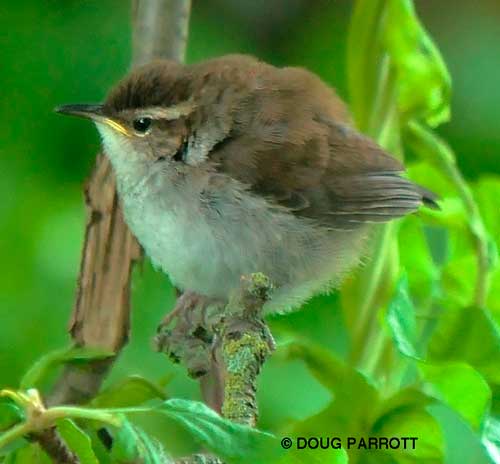I think of Nature as slow-moving. One season gradually fades into another as the Earth in its orbit tilts first toward the sun and then away from it. Our world takes an entire year to go around once, then repeats the transit, over and over again. And so the years pass into decades, the decades into centuries, and the eons flow by, a slow-moving river of time without end.
Out at the Fill, as the days slip by uncounted, I observe the wild things as they keep doing what they have always done. The trees add a ring to an already thick trunk. The cattails grow their brown flower spikes in the late summer, preparing to give their fluff to the chickadees for nests in the coming spring, year after everlasting year.
Meanwhile, we humans scurry from one appointment to another, our days filled with too long to-do lists, burdened with more items to check off than anyone could possibly do in a day. Cars filled with frantic commuters crowd the floating bridge’s lanes from dawn to dusk and beyond, as we rush to work, hurry home to make dinner, cram in a quick jog or a fast gulp of latte. If only the sun would slow its long slog across the sky just a wee bit more and give us a 25-hour day, think what we could stuff into that extra hour.
In reality, though, it is Nature that rockets through time, not we. To see this is true, all you have to do is study the Bewick’s Wren family that popped into view at the Wedding Rock today. The two babies have fledged enough feathers to enable them to flap after their parent, begging incessantly for food. They were at it this morning in a bush just two feet from my camp stool.
The dad was rushing from branch to branch, trying desperately to catch enough bugs to shut them up. (I say the dad not because I’m sure of his gender – with Bewick’s Wrens, it’s hard to tell – but because he was willing to truck back and forth from the relatively buggy alder grove to the bush near me where the babies were crying. A female, I feel sure, would have insisted on the babies coming at least as far as the table. But all the dad could do was mutter, “I’m coming, I’m coming,” as he fetched one bug after another.)
He and his mate have been caring for the babies for several weeks now, which sounds long but is nothing compared to the amount of time John and I have been caring for our kids. The Bewick’s Wrens (like all birds) get mated, breed, brood, hatch, and raise their young all in one short season. They accomplish in four months what it takes humans to do in four times four years – minimum. Wrens are teenagers for what? Two weeks? Three, tops. Mine took eleven years to get through their teens, and I’m not counting their present years as twenty-somethings, when they still come home to roost occasionally and ask for a bug.
Wild Nature is a searing bolt of lightning compared to the slow-cooker of human nurture. And because our lifespan is long compared to a wren’s, maybe we should carve out some of it just to savor slowly on one of these lazy, hazy days of summer. We have time to slow down.
